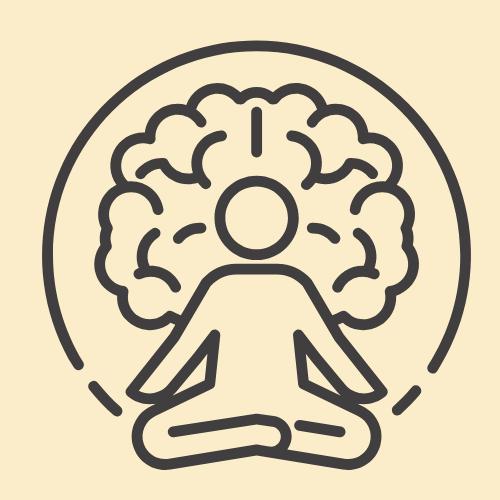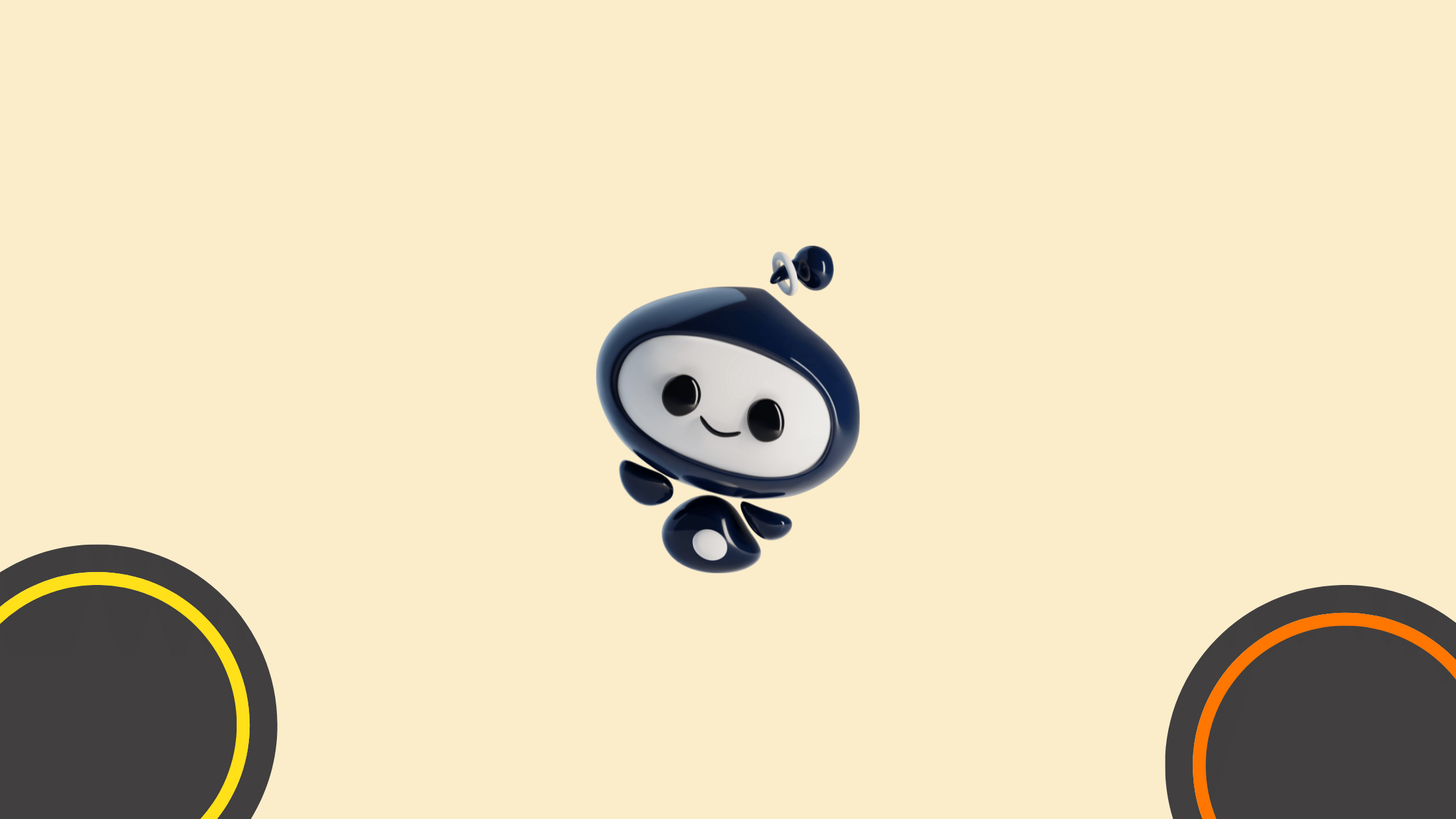AI Thought Companion: Your 24/7 Partner in Mental Clarity

Our lives are full of constant notifications, overflowing inboxes, and nonstop mental load. Many people are searching for tools that help them process thoughts, reduce anxiety, and sharpen focus.
Enter the AI thought companion, an always available digital partner that listens, reflects, prompts, and helps you organize your inner life. These companions blend natural language processing, behavioral science, and personalization to act as 24/7 mental clarity coaches. But how effective are they? What does the evidence say? And what should you watch out for?
Below, we explore how AI thought companions work, the research supporting their use, practical benefits, limitations, and best practice tips for using them safely and effectively.
Chapters
- What is an AI Thought Companion?
- Why They’re Gaining Traction
- What the Evidence Says (Numbers You Can Trust)
- How AI Thought Companions Help (Practical Benefits)
- Where AI Thought Companions Fall Short (and Why That Matters)
- How to Choose and Use an AI Thought Companion Safely
- The Future: Smarter, Safer, More Integrated
- Bottom Line
What is an AI Thought Companion?

An AI thought companion is an app or platform that engages users in reflective conversation, helps structure thinking (e.g., via journaling prompts), provides cognitive-behavioral or mindfulness exercises, and offers personalized nudges based on user behavior. Unlike simple note apps or voice recorders, these companions use machine learning and natural language understanding to:
- Interpret the tone and content of what you write or say.
- Offer evidence-based exercises (CBT prompts, breathing, reframing).
- Track patterns in mood, sleep, or behavior over time.
- Remind, encourage, and suggest often at moments when you need them most.
They’re designed to be nonjudgmental, anonymous (if the user chooses), and accessible any time of day, making them appealing for people who want immediate, private support.
Why They’re Gaining Traction
There’s a clear need for scalable mental support solutions. Conditions like anxiety and low mood are widespread: in 2019, about 301 million people worldwide were estimated to have an anxiety disorder, roughly 4% of the global population. These gaps between need and access create opportunities for digital tools to help at scale.
Several research reviews and clinical trials suggest that conversational, AI-driven tools can produce measurable benefits for users. For instance, randomized trials of therapeutic chatbots have shown reductions in symptoms of anxiety and depression, and real-world studies of AI-enabled apps report improved engagement and self-reported well-being among many users.
What the Evidence Says (Numbers You Can Trust)
The AI mental health field is young but growing. Here are several findings worth noting:
- In randomized controlled trials, short-term use of an evidence-based therapeutic chatbot (Woebot) produced meaningful symptom reductions. Studies report around a 22–30% reduction in anxiety or depressive symptoms in study populations after brief interventions.
- Real-world analyses of AI-driven platforms (for example, Wysa) show promising engagement and outcomes: pilot and observational data indicate users frequently report noticeable reductions in stress or worry after consistent use, with some studies reporting large proportions of users reporting benefit (varies by study and metric).
- Mindfulness and guided-meditation programs, core tools many AI companions deliver, have moderate evidence for reducing anxiety and depression, with effect sizes consistent with ~20–25% improvements in anxiety scores in meta-analytic studies of structured programs.
Those percentages aren’t a guarantee for every user, but they show that AI-driven conversational support and guided practice can move the needle for many people, particularly when the interventions are evidence-based and the user engages frequently.
How AI Thought Companions Help (Practical Benefits)

- Immediate Availability (24/7): People can get a structured reflection prompt or grounding exercise at 2 a.m., when human support isn’t available.
- Lower Barrier to Entry: Many users who hesitate to see a therapist start with an AI companion because it’s private, affordable, and non-stigmatizing.
- Habit Formation & Micro-Interventions: AI can nudge users to do short, science-backed actions (two-minute breathing, a 3-line gratitude prompt) that accumulate into real change. Some studies show habit/adherence improvements of 20–30% when digital nudges are used compared to passive reminders. (Study specifics vary by app and methodology.)
- Pattern Detection: Over time, companions can surface trends (worse mood on Sundays, more anxiety after late-night scrolling), helping users and clinicians spot triggers.
- Complement to Therapy: For many, AI works best as a supplement: it reinforces therapy homework, helps practice skills between sessions, and can provide trackers and summaries therapists can review.
Where AI Thought Companions Fall Short (and Why That Matters)
AI companions have important limits you should know:
- Not a Crisis Solution. They are not designed to manage active suicidal intent or severe psychiatric crises. If someone expresses imminent danger, the app should escalate to emergency resources, but this is still an active area of concern and development. A number of evaluations found that crisis handling by commercial apps is inconsistent.
- Privacy Risks. Some mental-health and self-help apps have shared data with third parties in the past. If you’re sharing sensitive thoughts, check privacy policies and whether the platform offers encryption and clear data-deletion options. (Investigations have flagged data-sharing as a problem across many wellness apps.)
- Algorithmic Blind Spots. AI models trained on limited or non-diverse datasets can misinterpret slang, cultural colloquialisms, or nonstandard expressions of distress. That can reduce effectiveness and lead to misaligned suggestions.
- Emotional Authenticity. AI can simulate empathy, often convincingly, but it doesn’t feel. Some users may form attachments to the app that don’t substitute for human empathy or community.
How to Choose and Use an AI Thought Companion Safely
- Check Evidence & Transparency. Prefer apps that cite clinical studies, publish outcomes, or are affiliated with research institutions. Research-backed tools are more likely to use appropriate therapeutic techniques.
- Review Privacy & Data Controls. Look for end-to-end encryption, options to delete data, and clear policies about third-party sharing.
- Use as a Supplement, Not a Replacement. For mild-to-moderate stress and pattern-tracking, AI companions can help a lot. For moderate-to-severe mental illness, use them alongside qualified professionals.
- Set Boundaries. Use the companion for reflection, habit-building, and immediate coping tools, and keep a list of human supports for crises.
- Monitor Impact. Track whether symptoms improve over weeks. If you don’t see benefit (or feel worse), pause and consult a clinician.
The Future: Smarter, Safer, More Integrated
The near future will likely bring hybrids. AI companions integrated with human care teams, plus better biometric signals (wearables) and more transparent algorithms. As platforms undergo more clinical trials and regulatory scrutiny, we can expect clearer standards for safety and efficacy. Continued research and third-party audits will be critical to ensure these tools deliver real, measurable mental clarity while protecting users’ privacy and dignity.
Bottom Line
An AI thought companion can be a powerful, immediate tool for mental clarity: it provides structured reflection, evidence-based micro-exercises, and pattern insights that can reduce anxiety and strengthen habits for many users. Clinical trials and real-world studies show meaningful improvements in symptom scores (often in the 20–30% range for short interventions) when tools are evidence-based and used regularly. But they are not a panacea. Use them wisely: check the evidence, guard your data, and pair AI support with human care when needed. When used as a thoughtful supplement, an AI thought companion can genuinely help you think more clearly, manage stress, and build better mental habits around the clock.
Other Interesting Articles
Master the Art of Video Marketing
AI-Powered Tools to Ideate, Optimize, and Amplify!
- Spark Creativity: Unleash the most effective video ideas, scripts, and engaging hooks with our AI Generators.
- Optimize Instantly: Elevate your YouTube presence by optimizing video Titles, Descriptions, and Tags in seconds.
- Amplify Your Reach: Effortlessly craft social media, email, and ad copy to maximize your video’s impact.
The post AI Thought Companion: Your 24/7 Partner in Mental Clarity appeared first on StoryLab.ai.


Deixe um comentário